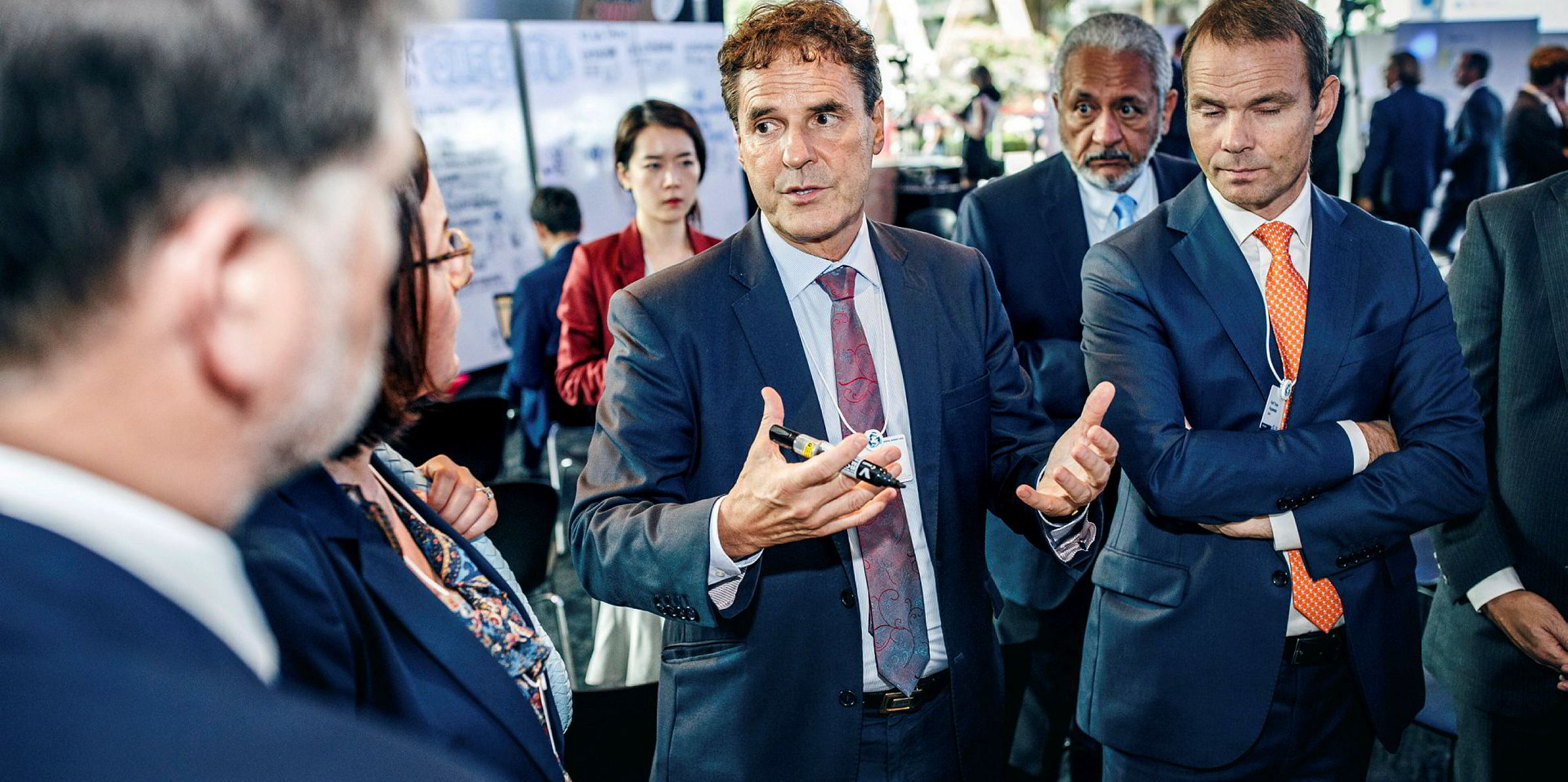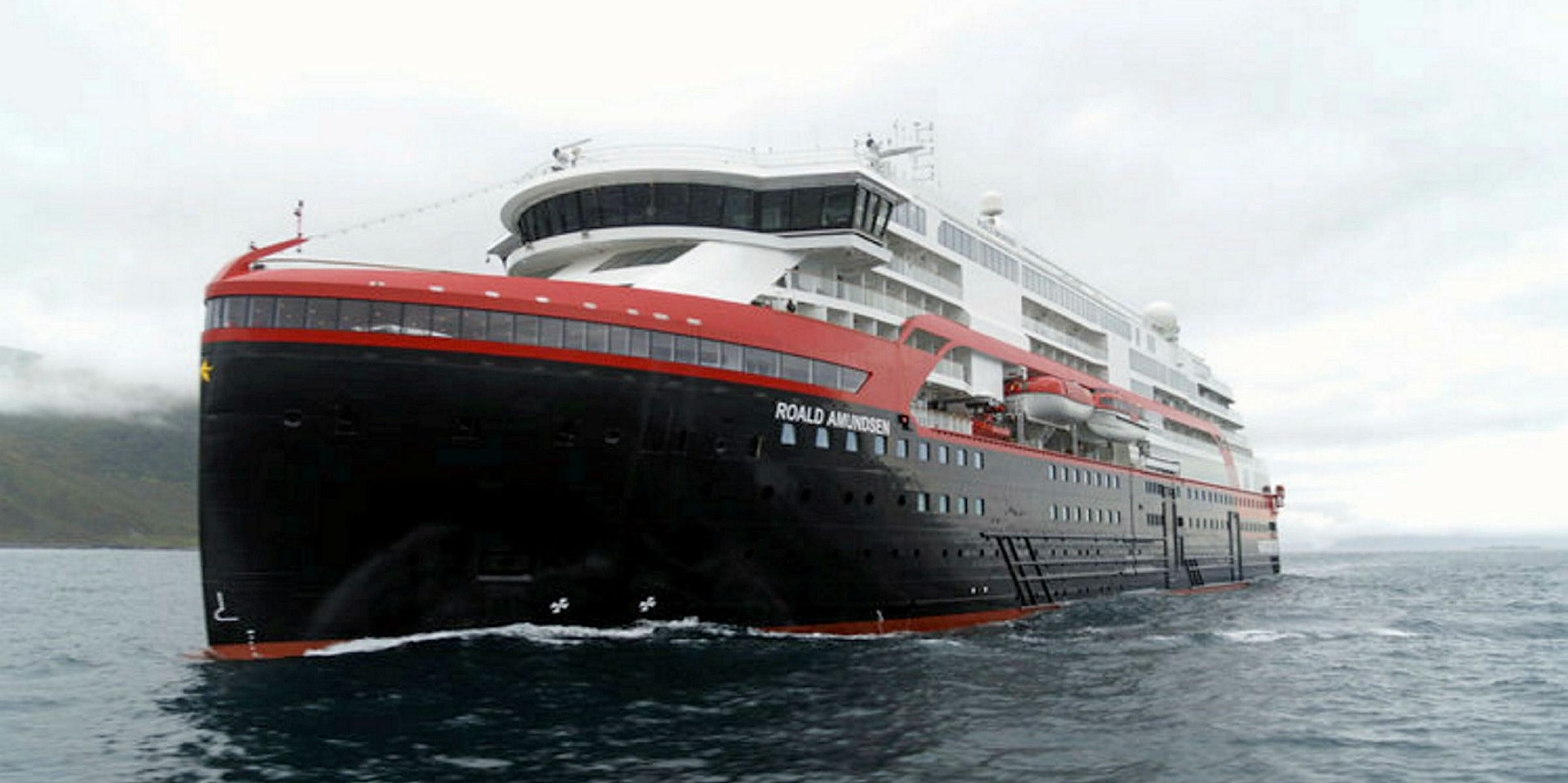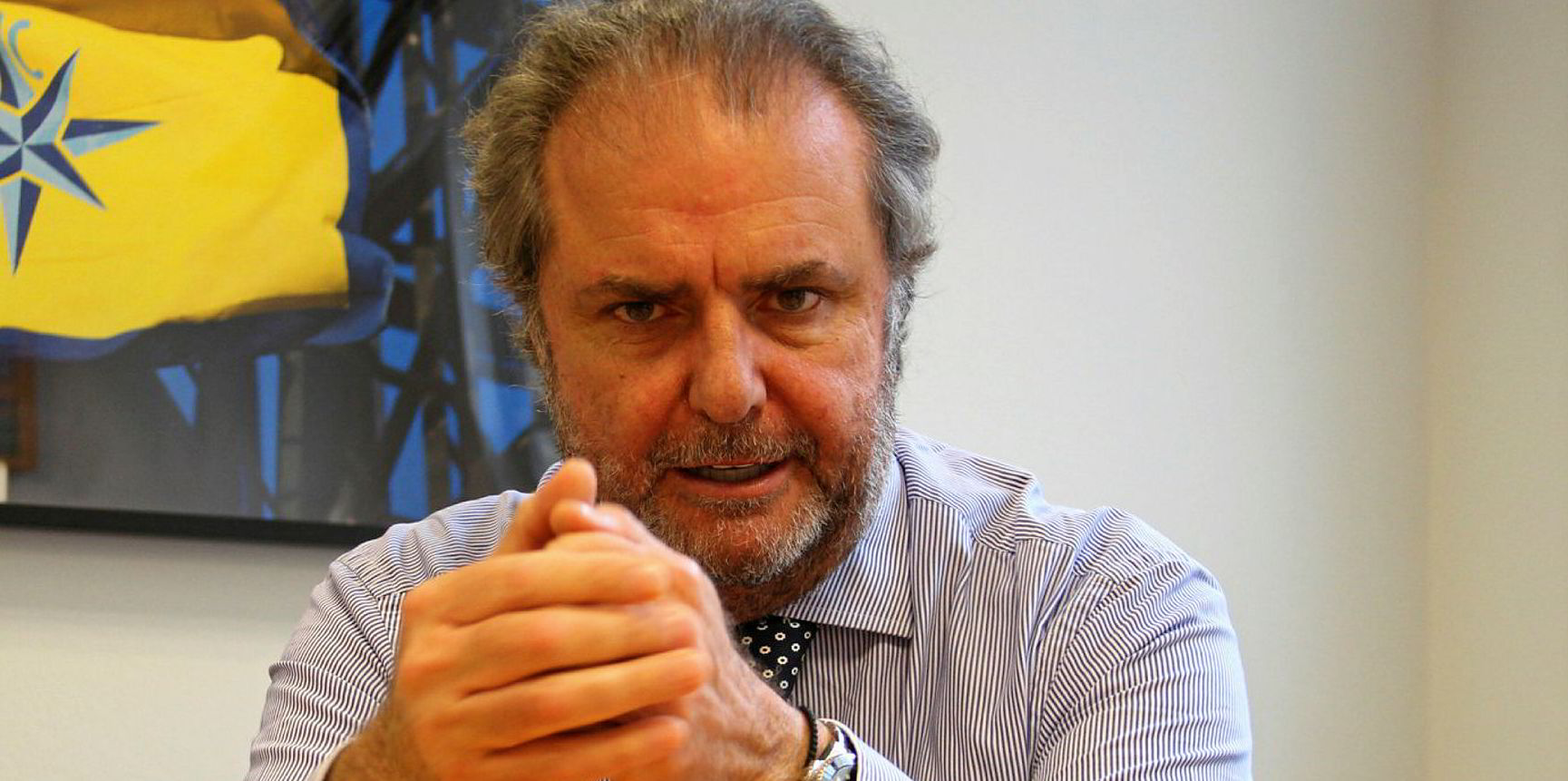Shell Shipping & Maritime has teamed up with global satellite communications giant Inmarsat and digital consultancy Thetius to launch a scheme to improve crew safety, health and well-being.
The move comes as the coronavirus pandemic exposes major issues for seafarers’ welfare.
The three companies are setting up an Open Innovation Challenge to find new solutions that have the potential to improve crew safety and welfare.
The six-week challenge open to start-ups and small and medium-sized enterprises will span the four areas of deck safety, fatigue, administration reduction and overall well-being. A £10,000 ($13,000) grant will be given to the chosen developer to test their idea on a Shell Shipping vessel.
Issues of crew welfare have been highlighted by the Covid-19 pandemic with seafarers stuck on ships for months on end as crew changes have become difficult or impossible to make due to government restrictions to hinder the spread of the disease.
Last week, the latest annual survey into crew happiness revealed that the pandemic is having a major impact on seafarers’ well-being. The “seafarer community is in the midst of a mental health crisis”, claimed the Seafarers Happiness Index published by The Mission to Seafarers.
Fears of a second wave of the illness are growing alongside reports that testing is failing to spot virus-positive crew members joining vessels.
Maritime innovation firm Thetius will run the challenge with support for the test given by Inmarsat and Shell Shipping, the maritime transport division of energy giant Shell.
Thetius managing director Nick Chubb said solution providers “will be required to submit a pitch that details their proposed solution and a proof of concept on board a Shell vessel”.
A shortlist of applications will be generated with those developers invited to pitch their idea to a decision-making jury at the end of September. The jury will have a majority of serving seafarers, with representatives from Inmarsat, Shell Shipping and the welfare sector.
Richard Holdsworth, Shell’s maritime ventures lead, said: “We are excited to learn more and help support new technologies that could make a difference to the welfare of crews.”
Last month, Inmarsat and Thetius launched a report ‘Welfare 2.0: How can the next generation of technology enable better crew safety, health and well-being at sea?”, which highlighted the current lack of funding for crew welfare technology.
“Our report last month shone a light on the need for far greater support and investment in crew welfare technology,” said Ronald Spithout, president of Inmarsat Maritime.






